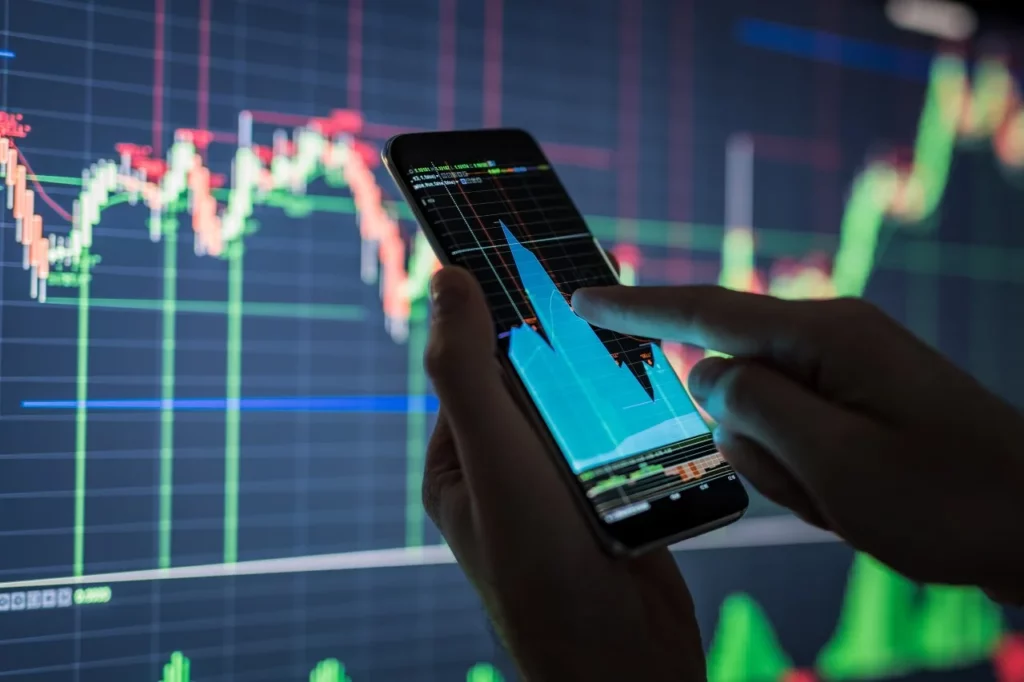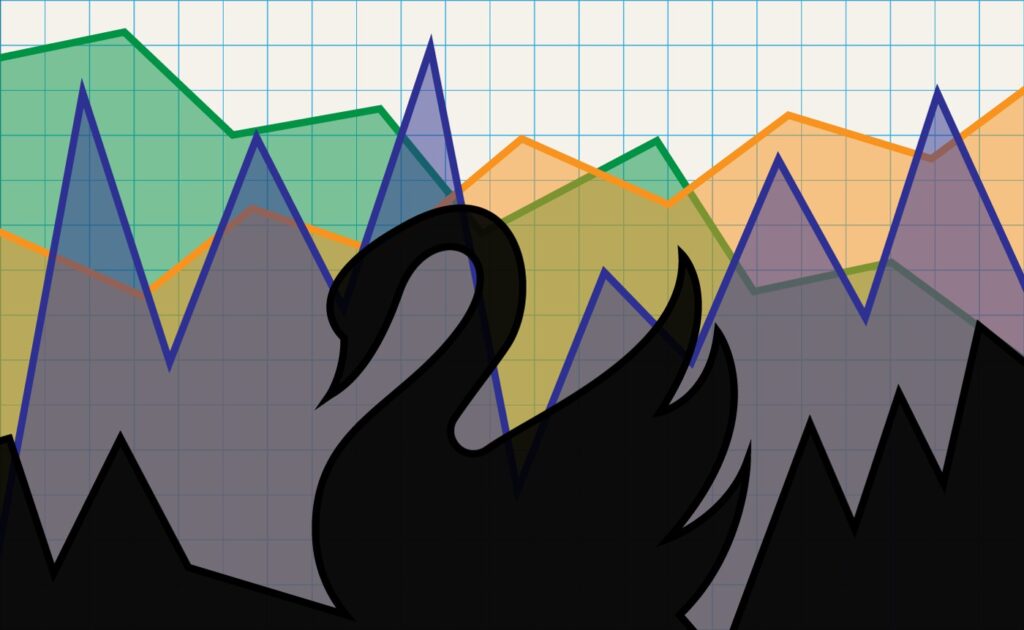What is News Trading and How is it Done?
Trading based on price movements and volatility resulting from news or events is known as news trading. These events can be scheduled or sudden. Scheduled news is planned in advance and can assist in news-based trading, while unexpected news also presents trading opportunities. While it’s possible to trade on a planned event with reasonable expectations, trading on unscheduled news or events is challenging because such news requires interpretation. In any case, having a good understanding of how to trade the news and defining news-based trading strategies is crucial.
News and events can be global or domestic. Global news can impact markets worldwide, such as the 2008 mortgage crisis, which affected markets across the globe. On the other hand, domestic news events like election results can have a localized impact.

Broad Classification of News or Events
Corporate Events
Corporate news or events are specific to companies. These can include product launches, mergers and acquisitions, spin-offs, earnings reports, and more. Events like quarterly earnings are scheduled and align with exchange requirements. Quarterly profit results can be fairly estimated, allowing for planned trades. However, some corporate announcements are unscheduled, making it challenging to estimate their impact on stock prices. Nevertheless, such news can provide day trading opportunities based on news.
Data-Driven Events
Data-driven news and events, as the name suggests, involve the release of official data. Examples include inflation rates, GDP figures, employment data, and similar statistics. These releases can cause significant market volatility, enabling short-term trades with potential profits. For instance, U.S. crude oil and natural gas inventory reports often lead to market volatility, significantly impacting energy prices.
Political Events
Macroeconomic news, such as policy changes, new policy adoptions, or changes in industrial tax policies, generally affect everyone in the country. For example, a budget announcement regarding long-term capital gains tax can impact stock prices. Similarly, a government decision on policies like scrapping vehicles after 20 years can affect the automotive industry, increasing demand for new vehicles and benefiting the auto sector.
Political Events
Macroeconomic news, such as policy changes, new policy adoptions, or changes in industrial tax policies, generally affect everyone in the country. These include a wide range of global events such as wars, conflicts, climate change, migration, and more.
Black Swan Events
This category includes unpredictable, rare, and severe negative events. Many consider COVID-19 a black swan event, although this view is challenged by Nassim Nicholas Taleb, the statistician who introduced the black swan concept. rading during black swan events can be extremely challenging.

News and Event-Based Trading
Trading on news or events requires experience and the ability to interpret their impact on stocks. You need to accurately interpret the news to leverage it to your advantage. Most importantly, when analyzing news, you need to assess whether the news has already influenced Forex prices or if there is still room for price changes.
There are many ways to trade the news, but let’s examine two of the most reliable methods:
Directional Trading
In directional trading, prices increase based on positive news expectations. s the news is released, the price continues its upward trend, which may persist after the news is confirmed. The logic is the opposite for negative news, where prices tend to follow a downward trend.
Reversal Trading
Reversal trading occurs when a stock price increases due to the anticipation of positive news. Traders wait for the prices to peak; usually, after a rapid increase, prices hit a point where they start to decline. Long-term investors can buy stocks during this price drop and hold them for future gains. The opposite logic applies to negative news.
